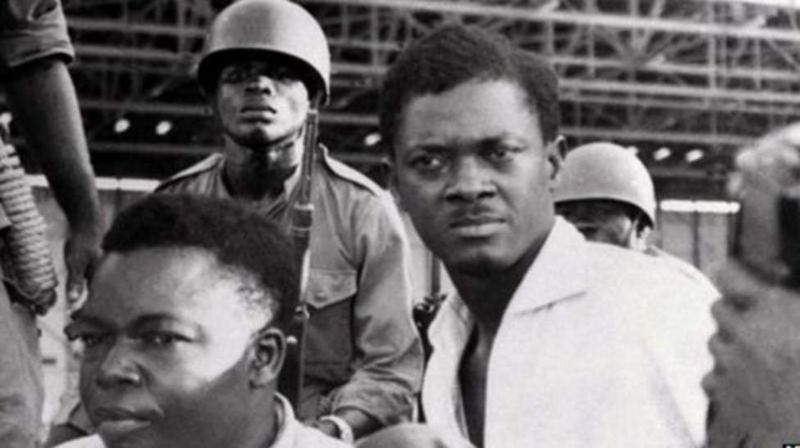On Monday, Belgium finally hands over the tooth of the Democratic Republic of Congo’s first prime minister after the country’s independence in 1960, Patrice Émery Lumumba.
“It seems bizarre, but this is of great significance for Belgium and Congo," says DRC expert and Africa specialist at MO* magazine Kris Berwouts to De Morgen. Lumumba’s tooth represents the independence and freedom of not only Congo, but all of Africa.
Senior researcher and curator of the Royal Museum of Central Africa Bambi Ceuppens agrees that the act is of great symbolic importance. “There is not a single society in the world where people have no respect for the dead. For many Congolese, that respect primarily consists of a correct burial of the body,” she told Bruzz.
“The murder happened because Belgium wanted it to. Belgian seniors were in charge in those turbulent days leading up to the murder, as research shows,” Berwouts says.
“That tooth represents an ex-coloniser who preaches democracy, but continues to hide behind the assassination, unable to look in the mirror and admit: 'We did this.” Berwouts says about Belgium, which has failed to apologise for its colonial cruelties.
'Underestimated hero'
“I think that white Belgians underestimate the extent to which he is an international hero. One of the great figureheads of Pan-Africanism,” says Ceuppens. “White Belgians still have mistrust of the man: the colonial image from the propaganda still exists.”
Historian Jean Omasombo Tshonda at the AfricaMuseum points out that every Congolese leader sees himself as someone who is following in Lumumba’s footsteps, because he symbolises the unity of the Congolese state.
Long overdue
The return of the tooth is long overdue, Berwouts argues. However, part of the cause for delay was his own family opposing the return. “It has to do with the fear of political recovery.”
Related News
- Belgium finally returns tooth of assassinated leader Lumumba to DRC
- 'Deepest regret,' but no apology: King Philippe acknowledges colonial cruelties
- How history can help us understand the rage against statues
The current president, Félix Tshisekedi, is in a weak position, and can significantly better his status with this occurrence. “The first visit of King Philippe and Queen Mathilde to the Democratic Republic of Congo recently offered him that opportunity. The return of the remains of such a great African hero could bring much more prestige to Tshisekedi, and that is too harsh for some.”
But that is no excuse Belgium’s delays, Berwouts says. “We should have done this earlier. Since the tooth was confiscated by the public prosecutor in 2016, the relatives have asked for its return.”
A first step
“If we really want an inclusive and tolerant society here, we will have no choice but to really dig out, name and acknowledge our colonial past. The DRC, but certainly also Belgium, need this. And the transfer of that tooth is not enough,” according to Berwouts.
“With this, our country hopes to draw a line under its involvement in the murder of Lumumba, but it is not because that tooth returns that Belgium is done with that dark political story.”
Ceuppens agrees: “It is a first step, but you can ask yourself why so little has been done with the conclusions of the Lumumba Commission from 2002. This showed that the Belgian government bears at least a moral responsibility for the death of Lumumba.”
“It would be to the credit of the Belgian government if they would still keep the promises made at the time,” Ceuppens said.

